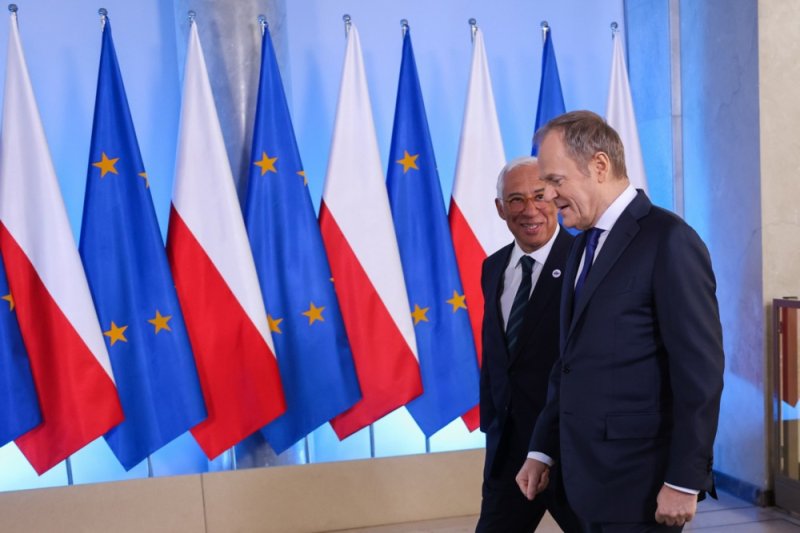

Poland began its presidency of the Council of the European Union on January 5, 2025, with Prime Minister Donald Tusk emphasizing the need for a strong Europe in the face of global challenges. Tusk's leadership aims to realign EU support for Ukraine, particularly as the ongoing conflict continues to strain European unity and resources [11c1d6a2].
The EU is currently grappling with several pressing issues, including a sluggish economy, the return of Donald Trump, and trade tensions with China and Russia. Tusk's administration is expected to navigate these complexities while advocating for enhanced security measures across the continent [11c1d6a2].
Tensions were evident during the presidency ceremony, where Hungary's envoy was notably snubbed. This incident follows Hungary granting asylum to a Polish official under investigation, reflecting the strained political relations within the EU. Analysts suggest that Poland may face challenges in leading effectively due to the intricate nature of these issues, particularly with Germany's upcoming elections potentially shifting the leadership dynamics within the EU [11c1d6a2].
In the broader context of security, Poland's commitment to defense is underscored by its plans to allocate 5% of its GDP to military spending in 2024, positioning itself as a key player in European defense strategies. This move comes amid rising concerns over Russian aggression in Central Europe, which has prompted Poland to enhance its military capabilities and seek stronger missile defense systems [6edb81f9].
As the situation evolves, Poland's dual role as both a leader in the EU and a significant military force within NATO highlights its growing influence in European security matters, particularly as member states work collectively to address regional threats and bolster military readiness [6edb81f9].